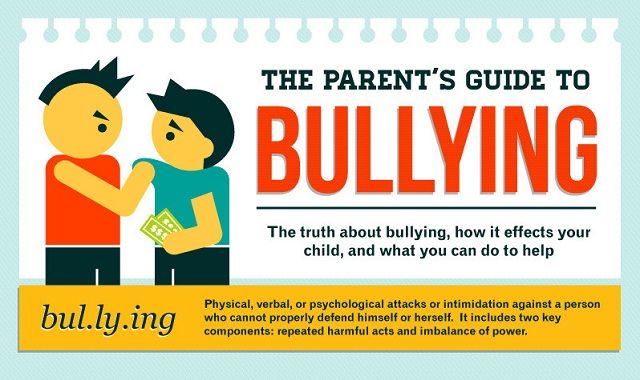How to get legal rights for a child
How to gain legal rights to a child that isn't yours biologically
How to gain legal rights to a child that isn’t yours biologically.
We often get inquired about how a person gains legal rights to a child that isn’t theirs biologically. The answers aren’t simple, nor are they straightforward. In this blog, we will do our best to provide you with a simple overview of a complex area of the law. This will help you learn how to gain legal rights to a child that isn’t yours biologically.
In Arizona, there are only really two ways to gain legal rights over a child that is not yours legally; Adoption and Guardianship. Each option has a very specific set of requirements and procedural steps that must be followed or the Court will not grant the requests. While many issues can be handled without an attorney, these are complex matters that are best handled with the assistance of someone experienced and knowledgeable about the processes. Here at RPB Law, we pride ourselves on our ability to accurately and honestly assess each case and its likely outcomes. NO ATTORNEY CAN GUARANTEE AN OUTCOME, and if you meet with someone who says they can, you should be very wary and see that as a red flag.
To be clear there are some additional methods within the Juvenile and Family Law arenas for achieving legal rights to a non-biological child, such as In Loco Parentis and/or Grandparents Rights, but those are very specific situations that will be covered in a future blog…
ADOPTIONAdoptions permanently turn over the rights and responsibilities of caring for a child over to someone or a married couple who are not the biological parents. Adoptions are not revocable. They are permanent. Anyone who wants to explore an adoption needs to know that any and all parental rights must be severed before an adoption can take place.
One of the most common adoption situations we see here is when the biological mother/father has remarried and they want to have the step-father/mother the legal father/mother of the child. In this situation, if the biological father/mother is in the picture at all, even if they aren’t the greatest, the adoption is unlikely to be successful unless the biological father/mother agrees to it. It should be additionally noted that even if the biological parent wants the adoption to happen, which includes their parental rights being terminated, the consent to adopt documents have very specific requirements, and have to be more than just a notarized statement.
In this situation, if the biological father/mother is in the picture at all, even if they aren’t the greatest, the adoption is unlikely to be successful unless the biological father/mother agrees to it. It should be additionally noted that even if the biological parent wants the adoption to happen, which includes their parental rights being terminated, the consent to adopt documents have very specific requirements, and have to be more than just a notarized statement.
Another Potential Adoption Situation
Another common situation we see regarding potential adoptions is when grandparents or extended family members who have taken guardianship of a minor may feel like a guardianship is not permanent enough and may want to take over the parenting role completely. Again, the parents’ rights need to be terminated before any potential adoption can take place.
We have recently experienced an influx in consultation s regarding same-sex couples wanting to adopt following the Supreme Court s’ recent recognition of same-sex marriages. This is an area of particular difficulty, primarily because adoption laws in Arizona have not quite caught up with the Supreme Court Decision validating same-sex marriages. This has resulted in some confusion in the Courts about who can adopt. As the statutes currently read, “Any adult resident of this state, whether married, unmarried or legally separated, is eligible to qualify to adopt children. Husbands and wives may jointly adopt children.” The same statute later goes on to say, “If all relevant factors are equal and the choice a married man and woman certified to adopt and a single adult certified to adopt, placement preference shall be with a married man and woman.” Clearly Arizona law remains incredibly discriminatory against same-sex couples when it comes to adoption.
This is an area of particular difficulty, primarily because adoption laws in Arizona have not quite caught up with the Supreme Court Decision validating same-sex marriages. This has resulted in some confusion in the Courts about who can adopt. As the statutes currently read, “Any adult resident of this state, whether married, unmarried or legally separated, is eligible to qualify to adopt children. Husbands and wives may jointly adopt children.” The same statute later goes on to say, “If all relevant factors are equal and the choice a married man and woman certified to adopt and a single adult certified to adopt, placement preference shall be with a married man and woman.” Clearly Arizona law remains incredibly discriminatory against same-sex couples when it comes to adoption.
Finalizing an adoption can be a difficult and complicated process that requires a lot of paperwork being assembled and anything missing can draw out the process unnecessarily. Hiring an attorney to handle it can be a huge help and will streamline and simplify things.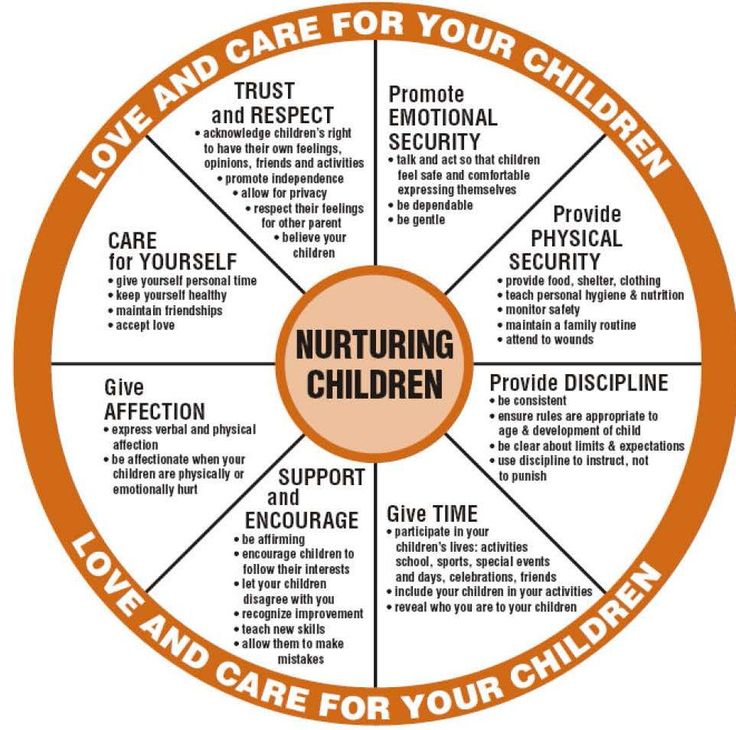
Guardianship is when a third party is allowed by the Court to be responsible for a child, i.e. obtain medical care, make educated decisions, provide a home, food, care, and support for the child. There are two types of Guardianship under Arizona law. The first, Under title 14, which governs probate, wills, trusts, etc. and the second under title 8, which covers Juvenile law and Department of Child Safety cases. Functionally these two types are very similar. The differences are more about how the Guardianship gets put into place and how it ends if it ends.
Title 8 GuardianshipGuardianships can be a great alternative to a dependency (DCS case) or termination of parental rights. The parents’ rights remain intact but basically are handed over to a third party until the parent can step back in. All the while the child is in a safe and stable home with someone willing and able to care for him/her. These guardianships are handled under title 8 because they arise out of a Juvenile Court case (dependency/DCS case) and are not necessarily voluntary, which means they don’t require the parents’ consent.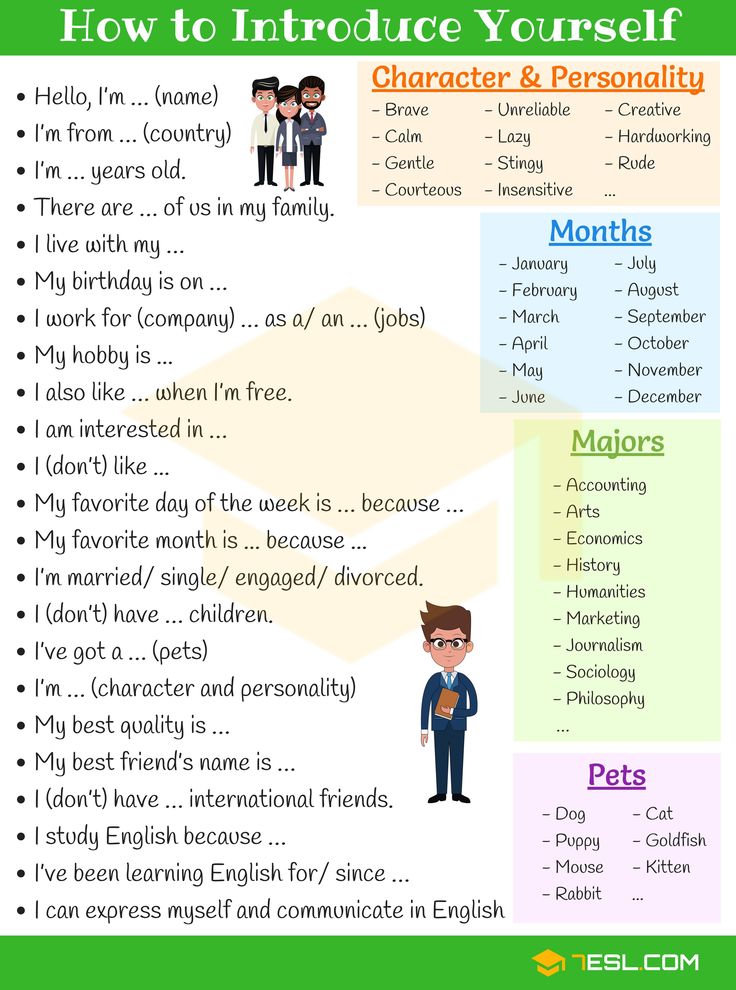
Ending a title 8 guardianship is not up to the parents, rather it is up to the Court that granted it. The involuntary nature of the Title 8 Guardianship means that a parent would have to go before a Juvenile Court Judge and prove that he/she is capable of being a fit and proper parent and that he/she had remedied the issues that caused DCS involvement.
Title 14 GuardianshipThe more common type of Guardianship is a Title 14 guardianship, these are voluntary and most often are accomplished with parental consent. A common situation for these is when a military parent is deployed and need a 3rd party to exercise parental rights of a child while they are deployed. These guardianships are generally temporary in nature and serve to ensure a child has proper legal supervision during a parent’s absence or inability to provide appropriately for the child.
The voluntary nature of a title 14 guardianship means that it can be revoked at any time by the parent. The Title 14 Guardianship is perfect for military families where the only parent or both parents are being deployed and grandparents or aunts/uncles need to step in to take care of the kids until the parent(s) return. This could also be useful in situations where the parents are deported or imprisoned.
The Title 14 Guardianship is perfect for military families where the only parent or both parents are being deployed and grandparents or aunts/uncles need to step in to take care of the kids until the parent(s) return. This could also be useful in situations where the parents are deported or imprisoned.
Setting either of these types of guardianship in motion is difficult, and the efforts involved are very complex. Walking someone through the procedures and requirements in depth is too boring to discuss here, which is why consulting an attorney who knows how to handle these cases is vital.
Contact us to help you understand how to gain legal rights to a child that isn’t yours biologically
If you or someone you know is facing a situation where guardianship is an appropriate option, contact us ASAP for a FREE CONSULTATION (520) 327-1409 or via [email protected].
Link to child custody
Family Law Self-Help Center - Overview of Termination of Parental Rights
The information on this page only applies if the child lives in Nevada.
 If the child lives somewhere else, check with your local court to find out the laws and process to terminate rights.
If the child lives somewhere else, check with your local court to find out the laws and process to terminate rights.
What is Termination of Parental Rights?
Terminating a parent’s rights means that the person’s rights as a parent are taken away. The person is not the child’s legal parent anymore. This means:
- The parent-child relationship no longer exists.
- The parent no longer gets to raise the child.
- The parent usually has no right to visit or talk with the child.
- The parent no longer has to pay child support.
- The parent is removed from the child’s birth certificate.
- The child can be adopted without the parent’s permission.
Terminating a parent’s rights has been called the “civil death penalty” and is taken very seriously by judges. Judges do not terminate a parent’s rights unless there is a very good reason. This page contains answers to the most common questions about terminating parental rights.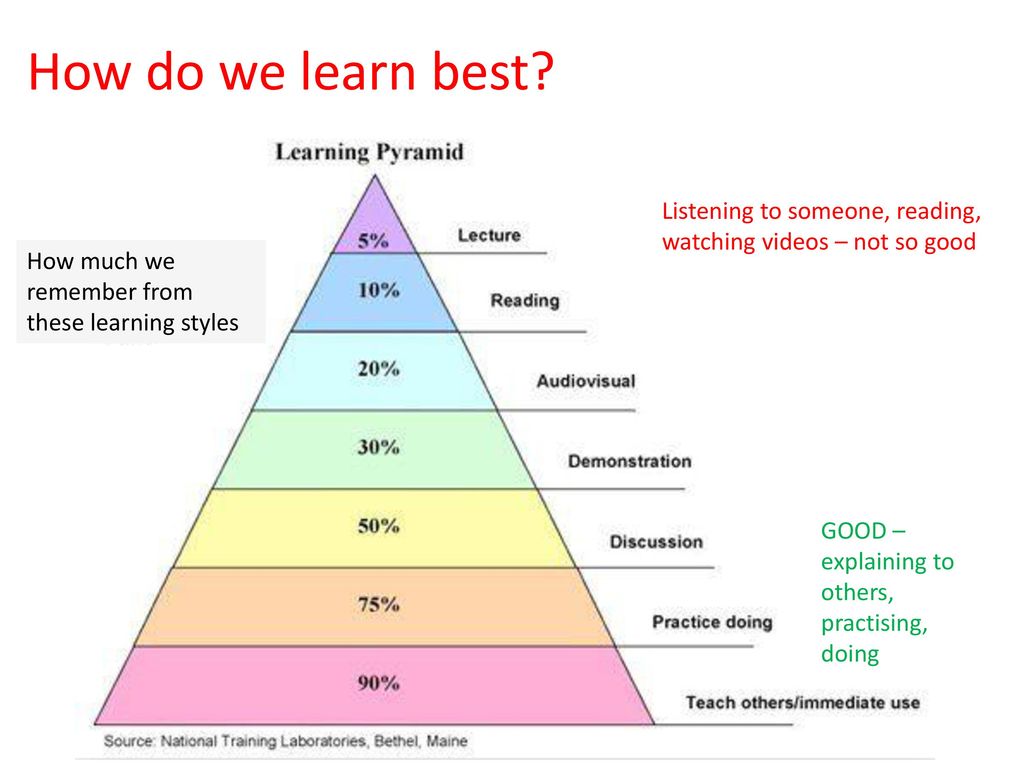
Who Can Terminate a Parent’s Rights?
Can I Give Up My Rights?
What Are the Reasons to Terminate a Parent’s Rights?
Where Do I File?
I Haven’t Heard From The Other Parent In Years. Is There A Fast Way To Terminate Their Rights?
Do I Need An Attorney?
CAUTION!
The information here applies to private terminations between family members only. If you are involved with Child Protective Services ("CPS") with the Clark County Department of Family Services ("DFS"), the state can ask the court to terminate parental rights in very serious cases. There may be different rules and procedures that apply in those cases. You can learn more about CPS and DFS by visiting their website or visiting the Child Protection page.
Who Can Terminate a Parent’s Rights?
A parent, guardian, or other family member can file a petition asking to terminate a parent’s rights. If the child or the petitioner receive public assistance (such as TANF or SNAP), it is unlikely that a judge will terminate the parent’s rights.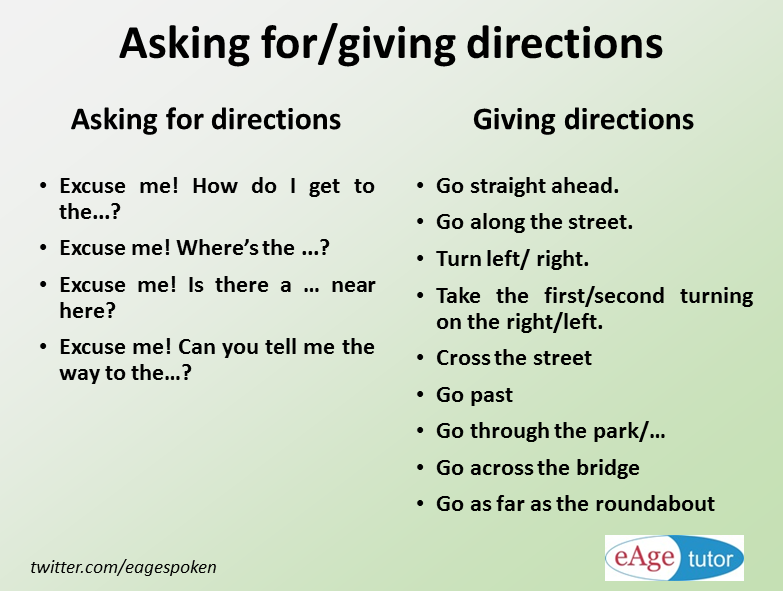 In that event, the Child Support office must be notified of a termination case and may oppose the termination if public assistance is being provided.
In that event, the Child Support office must be notified of a termination case and may oppose the termination if public assistance is being provided.
If CPS has been involved with a family, the Department of Family Services (“DFS”) can file a petition asking a judge to terminate a parent’s rights. This usually happens after DFS has been involved with the family for a year or more to try and fix the problems. If the parent does not make progress, or if the problems are very serious, DFS can ask the District Attorney to file a termination of parental rights case.
Can I give up my rights?
Usually not. Judges want children to have two parents to provide emotional and financial support. You cannot give up your parental rights to avoid dealing with a child’s behavioral problems, and you cannot give up your parental rights to avoid paying child support.
You may voluntarily give up your parental rights if someone else wants to adopt the child, or if someone else has filed a petition to terminate your rights. You will typically need to go to a court hearing to let the judge know your wishes in person.
You will typically need to go to a court hearing to let the judge know your wishes in person.
What are the reasons to terminate a parent’s rights?
In Nevada, there are several different reasons a judge can terminate a parent’s rights:
- Abandonment. This is behavior that shows the parent intends to give up all rights to the child. Usually, this means that a parent has not contacted the child and has not provided any financial support to the child for at least 6 months without a good reason.
- Neglect. The parent has not properly cared for the child’s needs, including providing food, shelter, medical care, education, or any other special care needed for the child.
- The Parent is Unfit. An unfit parent is one who can’t or won’t provide the child with proper care, guidance, and support.
- There is a Serious Risk of Physical, Emotional, or Mental Injury if the Child is Returned to the Parent.
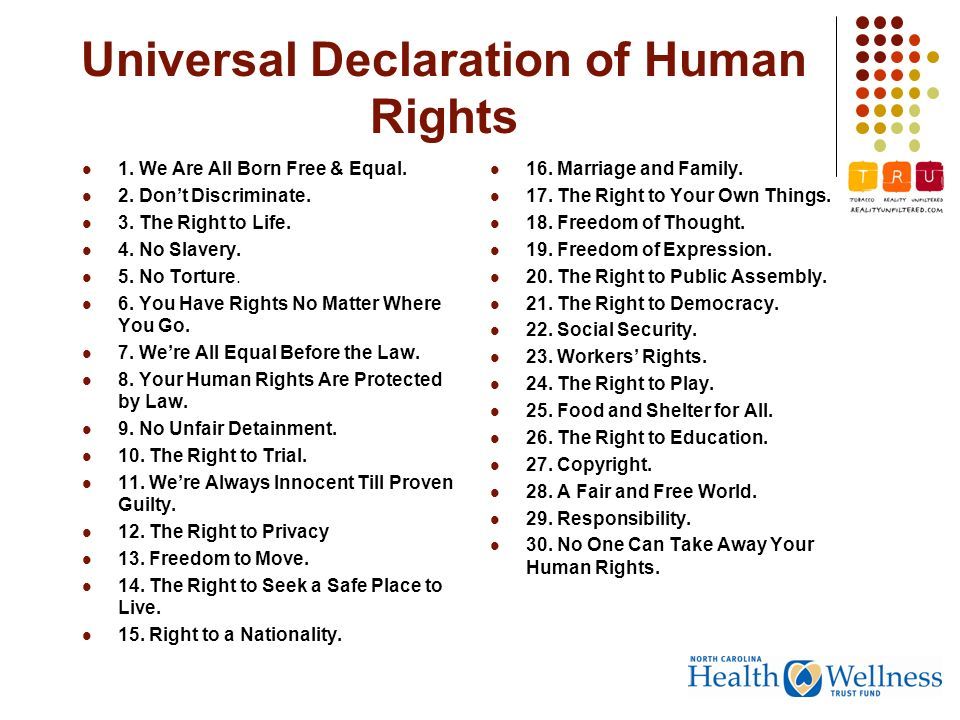 The child would be in danger with the parent.
The child would be in danger with the parent. - Token Efforts. The parent has made minimal effort to support the child, communicate with the child, or otherwise care for the child.
- Failure of Parental Adjustment. If CPS removed a child from the home, the parent only has so much time to correct the reasons that caused the child to be removed. If the parents do not correct those problems within a “reasonable time,” the state can petition to terminate their rights.
- Sexual Assault. If the child was conceived as a result of a sexual assault and the parent was convicted for sexual assault, their rights can be terminated.
No matter what, the judge also has to decide that it would be in the children’s best interest to terminate the parent’s rights. The person asking to terminate the parent’s rights has to prove by “clear and convincing evidence” that one of the grounds above exists, and that termination would be in the child’s best interest.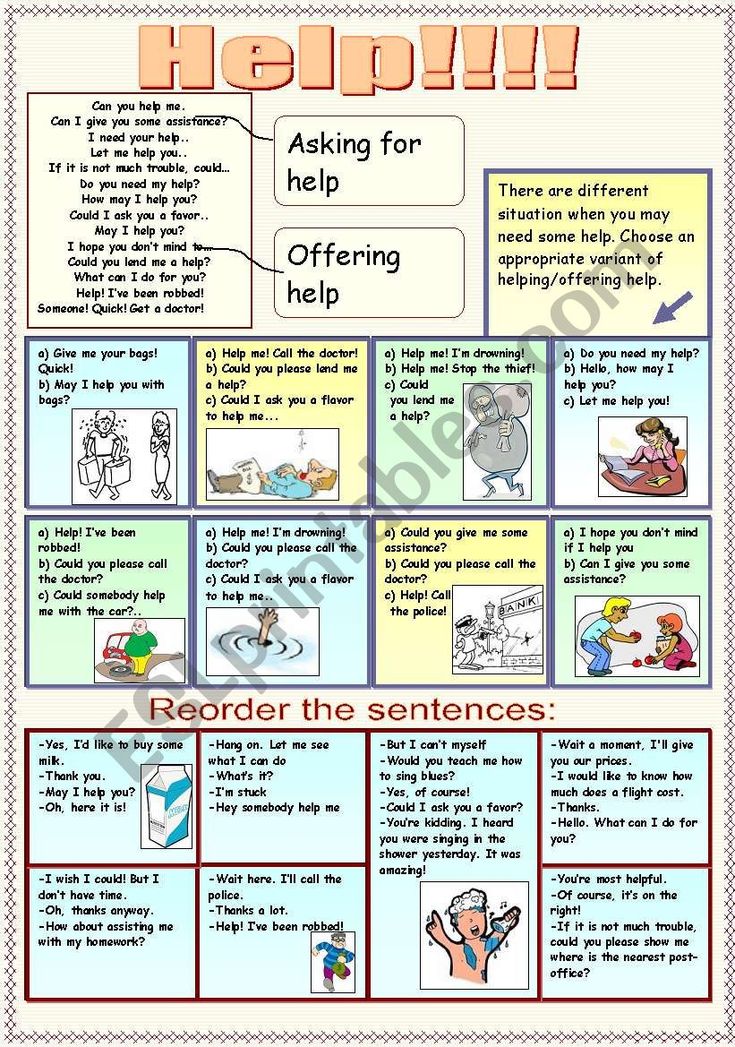 This is a very high standard.
This is a very high standard.
Where do I file?
You can file for termination in the District Court of the county where the child lives. You can also file in the county where one of the parents lives.
WARNING!
If the child is an American Indian child, these matters usually must be handled by the tribal court. Check with the tribal court before filing any papers to be sure you are fiilng in the correct court.
I haven’t heard from the other parent in years. Is there a fast way to terminate their rights?
No. In fact, it may take longer to terminate their rights if you don’t know where the parent is.
If you file a case against the other parent, you have to make sure that person is “served” in person with copies of the legal papers you filed. This allows the parent to show up in court and defend themselves if they want.
If you do not know where the other parent is, the judge will expect you to do everything you can possibly do to find the parent.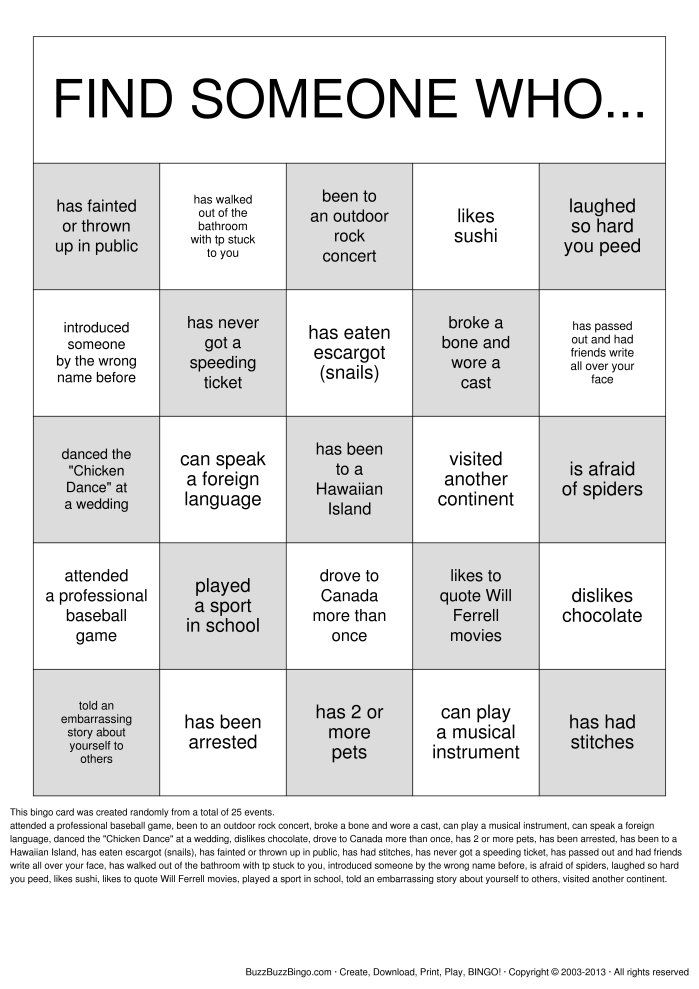 This includes checking with mutual friends, their family, their employer, looking for the person online or through email, etc. If you still cannot find the other parent, you can ask the judge’s permission to post a notice in a newspaper instead. Judges do not allow this unless you have really tried everything you can think of to find the other parent without any luck.
This includes checking with mutual friends, their family, their employer, looking for the person online or through email, etc. If you still cannot find the other parent, you can ask the judge’s permission to post a notice in a newspaper instead. Judges do not allow this unless you have really tried everything you can think of to find the other parent without any luck.
If the judge allows you to post a notice in a newspaper, you will have to publish a notice for 4 weeks AND ALSO have the parent’s nearest known relative living in Nevada served in person with the papers.
Do I need an attorney?
Terminating someone’s parental rights is a very serious matter. It is a good idea to have a lawyer help you since there are complicated laws and procedures that have to be followed. You can learn where to find an attorney on the Lawyers & Legal Help page.
If DFS filed a case asking to terminate your rights, an attorney will usually be appointed to represent you for free.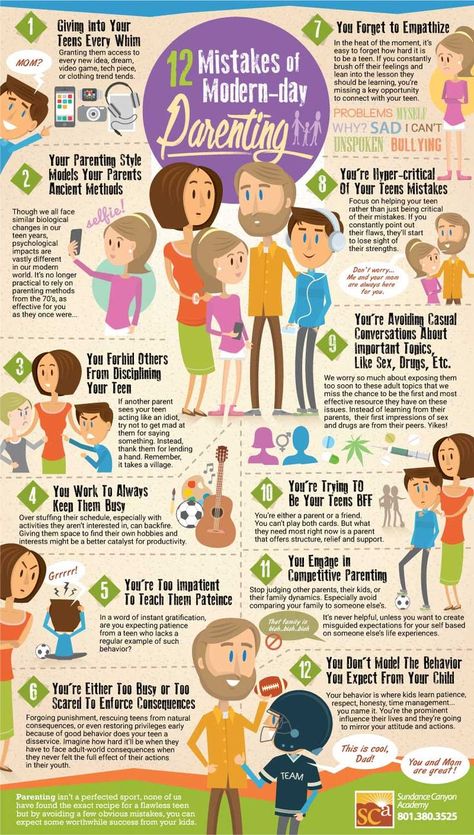 If the other parent filed a case against you, you should seriously considering hiring an attorney to defend you.
If the other parent filed a case against you, you should seriously considering hiring an attorney to defend you.
how to get it and what are the nuances :: Autonews
Getting a license from the age of 17 may be allowed as early as April. In a few weeks, a new regulation on passing the exam for the right to drive a vehicle will come into force. In addition to changes related to exercises on the site and in the city, as well as a new student assessment system, the document will include a clause on reducing the age of training in a driving school. The corresponding draft law, prepared by the Ministry of Internal Affairs, has already been approved by the State Duma and is now under consideration by the government. nine0003
A few months ago, State Duma deputy Vasily Vlasov sent a letter to the traffic police with a proposal to reduce the driving age. He suggested allowing young people to study for category B rights as early as 15 and a half years old. According to him, 16-year-olds can work and live separately from their parents. And the ability to drive a car and the desire to buy a car will allow them to be involved in the economic process.
And the ability to drive a car and the desire to buy a car will allow them to be involved in the economic process.
adv.rbc.ru
Deputy Vasily Vlasov told an Autonews.ru correspondent that, within the framework of the current legislation, it will soon be possible to pass a license from the age of 16. This topic has been repeatedly raised by other deputies, in December the head of the traffic police also spoke on it. nine0003
“In the near future such an opportunity will appear. It will be possible to get a youth license and drive if a driver with more than 3 years of experience is sitting next to you. You won't be able to travel alone. There must also be written consent from the parents. The changes will come into force on April 1 along with the new regulations. Personally, I think that it is necessary to give rights from the age of 16. It is logical that if you can take an exam from the age of 16, then you can drive. If a person passed everything, drove all the sites, why can’t he get a driver’s license?” Deputy Vlasov explained his position.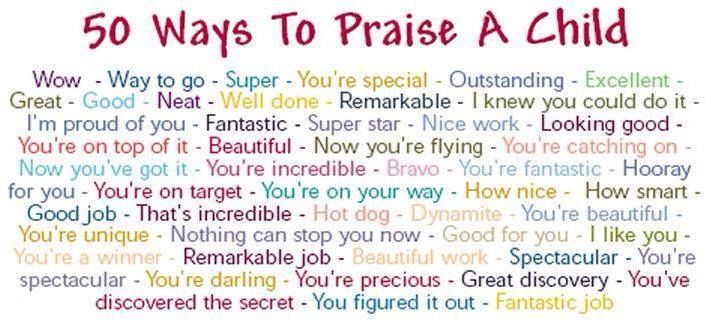 nine0003
nine0003
The parliamentarian also provided the editors of Autonews.ru with an official response to his request from the traffic police. The document states that the issue of reducing the age for obtaining the right to drive a vehicle was considered. And for the law "On Road Safety" a draft amendment was prepared, within which there is a clause on providing an opportunity for minors at the age of 17 who have completed vocational training and successfully passed exams to drive a vehicle of category "B" accompanied by an experienced driver-mentor. The issue is currently being considered by the government. nine0003
As for the 16-year threshold, the traffic police responded to Vlasov as follows: “Consideration of the possibility of further reducing the age required to drive vehicles of category “B” to 16 years, it seems appropriate after analyzing the practice of applying the above provisions of the bill, if it is passed.
That is, first the threshold for obtaining a license will be reduced to 17 years, and if the practice is successful, the authorities will consider the possibility of reducing the driving age to 16 years. nine0003
nine0003
Previously, the traffic police has already initiated a permit to drive from the age of 17. In particular, the deputy head of the traffic police, Vladimir Kuzin, spoke about this. “The proposal to drive a car from the age of 17 has been put forward. But this idea is supported by everyone, and I think it is being implemented,” said Kuzin.
The representative of the traffic police confirmed that in order to pass the exam at the age of 16, you will need to obtain the written consent of one of the legal representatives (parents, adoptive parents or guardians). At the same time, after obtaining the rights at the age of 17, it will be possible to drive a car only accompanied by an adult mentor who has a valid driver's license. nine0003
Photo: Shutterstock
“The accompanist of a minor driver is needed to assist in strengthening the stable skills of safe driving and monitoring compliance with traffic rules and other regulatory legal acts in the field of road safety,” says the document, which is now in government.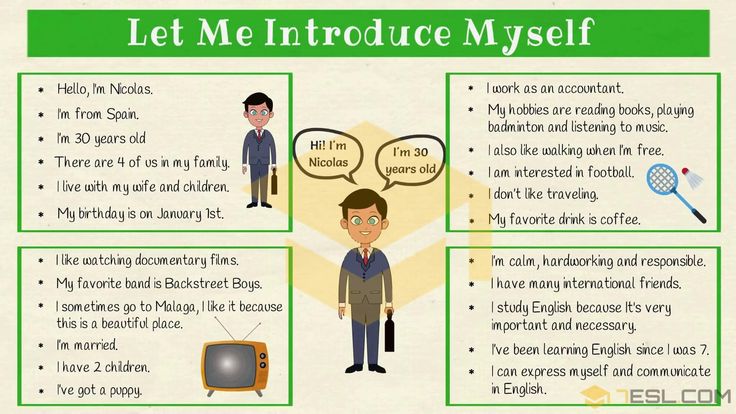
Many experts who advocate lowering the age of obtaining a license refer to foreign experience. In some European countries, as well as in the USA, it is indeed possible to drive a car from the age of 16. nine0003
“If we look at the territory of Russia, there is public transport in large cities. But in the villages, he walks very badly. Most of the boys and girls aged 16-17 would already be working and would be more mobile, but they did not have this opportunity, because the bus runs once a day. And they couldn't drive. I met with young people, I was asked this question, and I decided to find out why a person from the age of 16, who is already legally responsible for his actions, cannot drive a car, ”said deputy Vlasov. nine0003
Anton Shaparin, head of the National Union of Motorists, shares the same point of view. In his opinion, young people should be given more rights and opportunities.
Photo: Shutterstock
“Administrative responsibility in Russia comes from the age of 16, as well as criminal responsibility. Minors under the age of 18 are fully responsible for their property. If it is not enough, then the property of their parents is involved to cover the damage. Therefore, from a legal point of view, I do not see any restrictions on the introduction of the right to drive a car from 16, ”the expert believes. nine0003
Minors under the age of 18 are fully responsible for their property. If it is not enough, then the property of their parents is involved to cover the damage. Therefore, from a legal point of view, I do not see any restrictions on the introduction of the right to drive a car from 16, ”the expert believes. nine0003
In his opinion, it is necessary to provide additional categories of rights for such drivers with a possible maximum speed limit and warning signs on the car.
“It is also necessary to prescribe what a driver-mentor is, which is written about in the traffic police. Because there is no such concept in the current legal configuration. The world is getting younger, capacity in modern times comes earlier. And I believe that it is possible to give young people more and more rights and opportunities,” says Shaparin. nine0003
Compulsory car insurance can be a serious barrier to driving for young drivers. Evgeny Ufimtsev, executive director of the RSA, is sure of this. If the proposal is accepted, OSAGO for such drivers will be calculated at the maximum rates.
“The statistics that insurance companies have show that with a decrease in length of service and age, the curve of the frequency of insured events increases significantly. Even those coefficients for young drivers that we have now do not save us from such a frequency of accidents. And as further liberalization of tariffs awaits us, we need to clearly understand the difference between an experienced and a young driver. The figures for the youngest drivers and the most experienced drivers differ tenfold,” the insurance expert explained. nine0003
Photo: Shutterstock
Today, according to statistics, drivers aged 18 are the most accident-prone, and if the 16-year-old category appears, I think they will definitely be no less accidental, or even more, Evgeny Ufimtsev believes.
“Accidents are not only when a person is at fault in an accident, it is also a situation when a person drives inexperienced and creates difficulties on the road,” explained the executive director of the PCA.
RIGHTS OF MINORS AND THEIR PARENTS
FAMILY CODE OF THE RUSSIAN FEDERATION
Chapter 11. The rights of minor children
Article 54. The right of a child to live and educate in the family
- is recognized as a person who has not reached the age of eighteen years (adulthood).
- Every child has the right to live and be brought up in a family, as far as possible, the right to know his parents, the right to be cared for by them, the right to live with them, except in cases where this is contrary to his interests. nine0072
The child has the right to be raised by his parents, ensure his interests, comprehensive development, respect for his human dignity.
In the absence of parents, in the event of deprivation of their parental rights and in other cases of loss of parental care, the child's right to be raised in a family is ensured by the body of guardianship and guardianship in the manner prescribed by Chapter 18 of this Code.
Article 55. The right of the child to communicate with parents and other relatives
- The child has the right to communicate with both parents, grandparents, siblings and other relatives. The dissolution of the marriage of the parents, its annulment or the separation of the parents does not affect the rights of the child.
In case of separation of parents, the child has the right to communicate with each of them. The child has the right to communicate with his parents also in the case of their residence in different states.
- A child who is in an extreme situation (detention, arrest, detention, stay in a medical institution, etc.) has the right to communicate with his parents and other relatives in the manner prescribed by law.
Article 56. The child's right to protection Protection of the rights and legitimate interests of the child is carried out by parents (persons replacing them), and in cases provided for by this Code, by the guardianship and guardianship authority, the prosecutor and the court. A minor who is recognized in accordance with the law as fully capable before reaching the age of majority has the right to independently exercise his rights and obligations, including the right to protection. In case of violation of the rights and legitimate interests of the child, including in case of failure or improper performance by the parents (one of them) of the duties of raising, educating the child or in case of abuse of parental rights, the child has the right to independently apply for their protection to the guardianship and guardianship authority, and upon reaching the age of fourteen years in court. nine0003 Article 57. The right of the child to express his opinion The child has the right to express his opinion in resolving any issue in the family that affects his interests, as well as to be heard in any judicial or administrative proceedings. Consideration of the opinion of a child who has reached the age of ten is mandatory, except in cases where this is contrary to his interests. In the cases provided for by this Code, the guardianship and guardianship authorities or the court may make a decision only with the consent of a child who has reached the age of ten years. nineArticle 60. Property rights of a child The court, at the request of a parent who is obliged to pay child support for minor children, has the right to make a decision to transfer no more than fifty percent of the amount of child support payable to bank accounts opened in the name of minor children. The right of a child to dispose of property belonging to him by right of ownership is determined by Articles 26 and 28 of the Civil Code of the Russian Federation. nine0003 When parents exercise the powers to manage the child's property, they are subject to the rules established by civil law regarding the disposal of the property of the ward (Article 37 of the Civil Code of the Russian Federation). Family Code of the Russian Federation Chapter 12. Rights and obligations of parents Article 61. Equality of parents' rights and obligations Article 63. The rights and obligations of parents in the upbringing and education of children nine0072 Parents are responsible for the upbringing and development of their children. Parents have priority over the upbringing of their children over all other persons. Parents, taking into account the opinion of their children, have the right to choose an educational institution and form of education for their children. nine0003 Article 18 of the Law on Education Preschool education Parents are the first teachers. They are obliged to lay the foundations for the physical, moral and intellectual development of the child's personality in early childhood. Article 52. Rights and obligations of parents (legal representatives) interests of the child, take part in the management of the educational institution. Article 64. Rights and obligations of parents to protect the rights and interests of children Parents are the legal representatives of their children and act in defense of their rights and interests in relations with any individuals and legal entities, including in courts, without special powers. When exercising parental rights, parents are not entitled to harm the physical and mental health of children, their moral development. Ways of raising children should exclude neglect, cruel, rude, degrading treatment, abuse or exploitation of children. nine0003 Parents exercising parental rights to the detriment of the rights and interests of children are liable in accordance with the procedure established by law. In the absence of an agreement, the dispute between the parents is resolved by the court based on the interests of the children and taking into account the opinions of the children. At the request of the parents (one of them) in the manner prescribed by civil procedural legislation, and taking into account the requirements of paragraph two of this paragraph, the court with the obligatory participation of the guardianship and guardianship authority has the right to determine the place of residence of children for the period until the entry into force of the court decision on determining their place of residence. Article 66. Exercise of parental rights by a parent living separately from the child The parent with whom the child lives must not interfere with the child's communication with the other parent, if such communication does not harm the physical and mental health of the child, his moral development. If the parents cannot come to an agreement, the dispute is resolved by the court with the participation of the guardianship and guardianship authority at the request of the parents (one of them). At the request of the parents (one of them) in the manner prescribed by the civil procedural legislation, the court with the obligatory participation of the guardianship and guardianship body has the right to determine the procedure for exercising parental rights for the period until the court decision enters into legal force. Article 67. The right to communicate with the child of grandfather, grandmother, brothers, sisters and other relatives 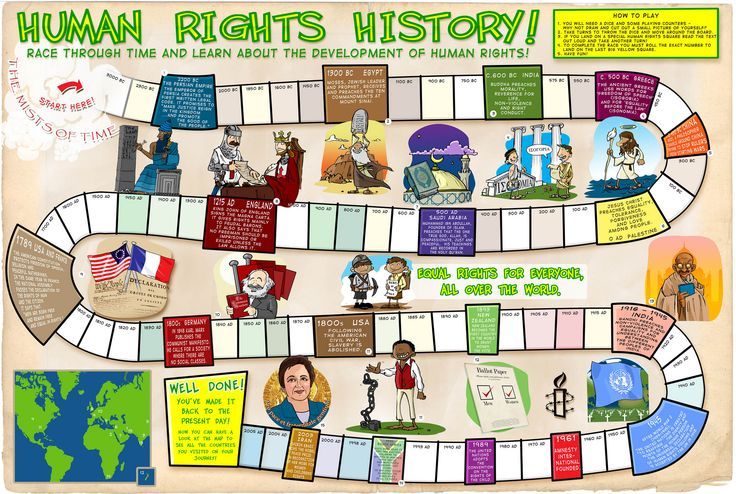 nine0003
nine0003
 Upon receipt of such information, the guardianship and guardianship body is obliged to take the necessary measures to protect the rights and legitimate interests of the child.
Upon receipt of such information, the guardianship and guardianship body is obliged to take the necessary measures to protect the rights and legitimate interests of the child. 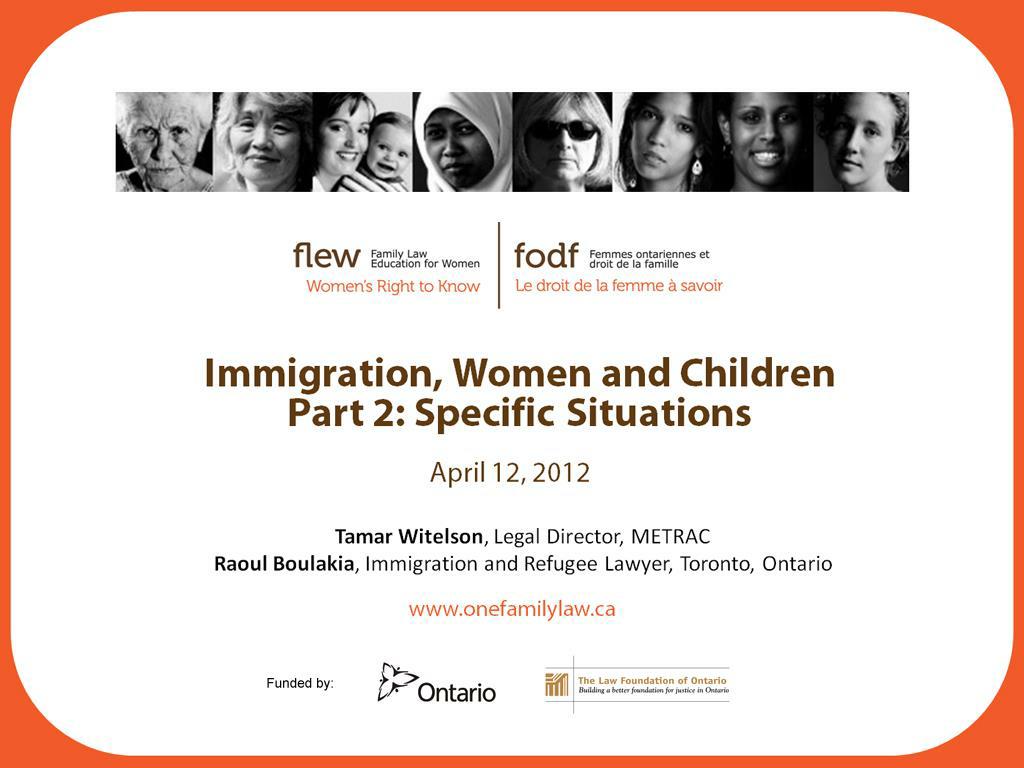
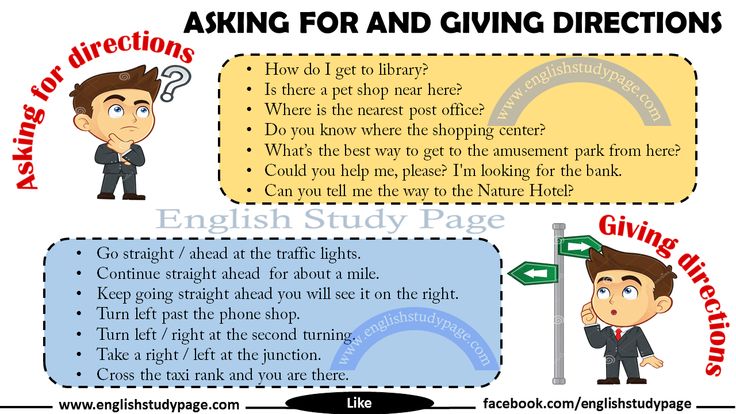 Children and parents living together may own and use each other's property by mutual agreement. nine0072
Children and parents living together may own and use each other's property by mutual agreement. nine0072
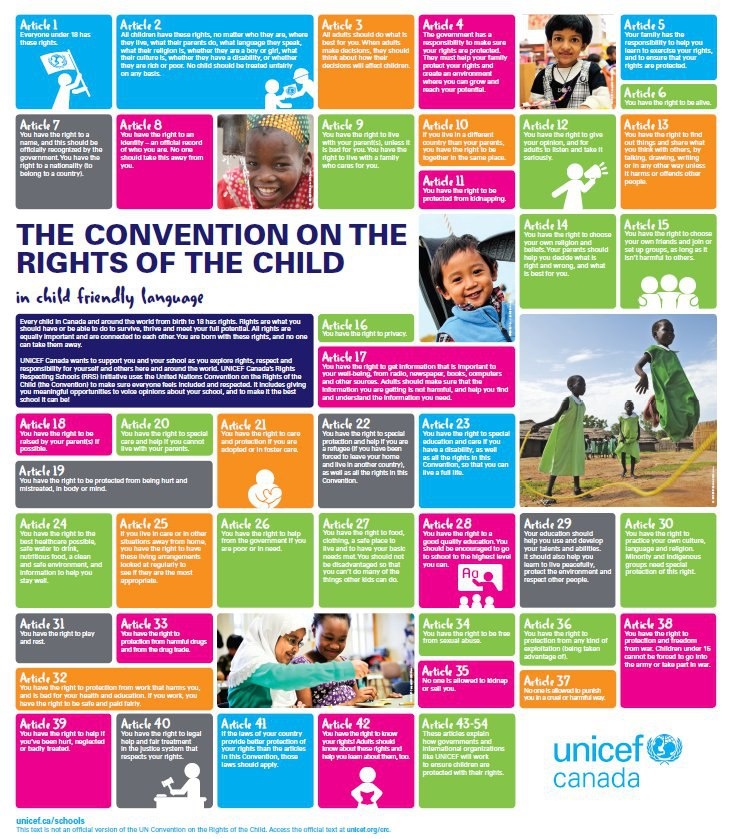 They are obliged to take care of the health, physical, mental, spiritual and moral development of their children.
They are obliged to take care of the health, physical, mental, spiritual and moral development of their children.
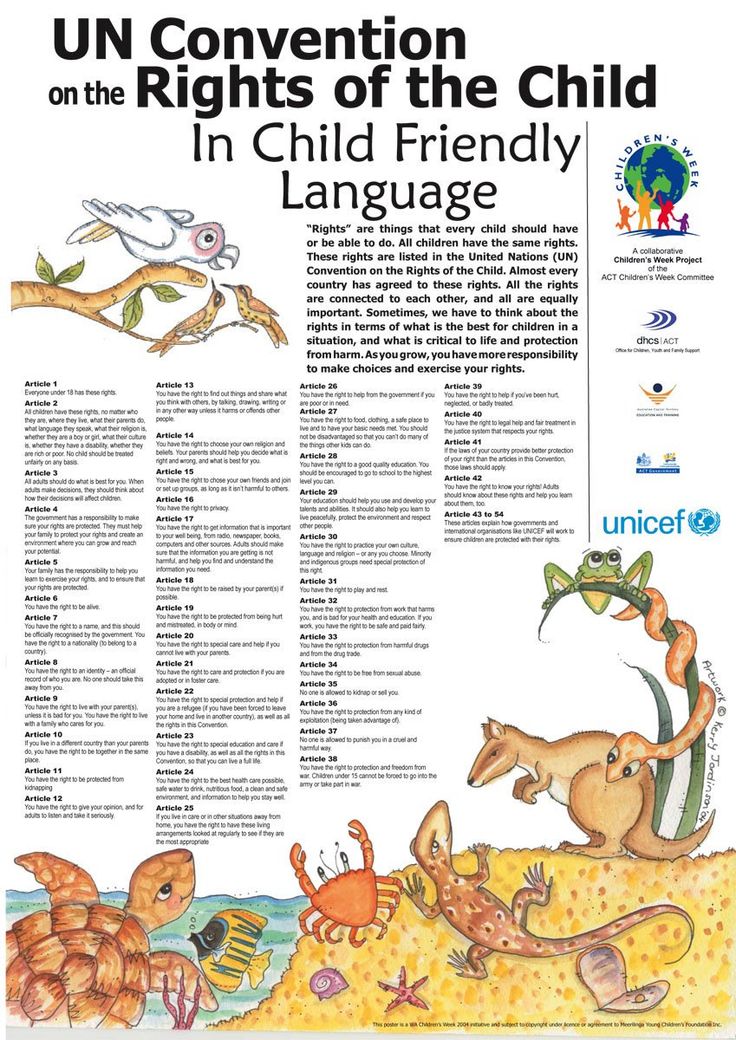 nine0072
nine0072 

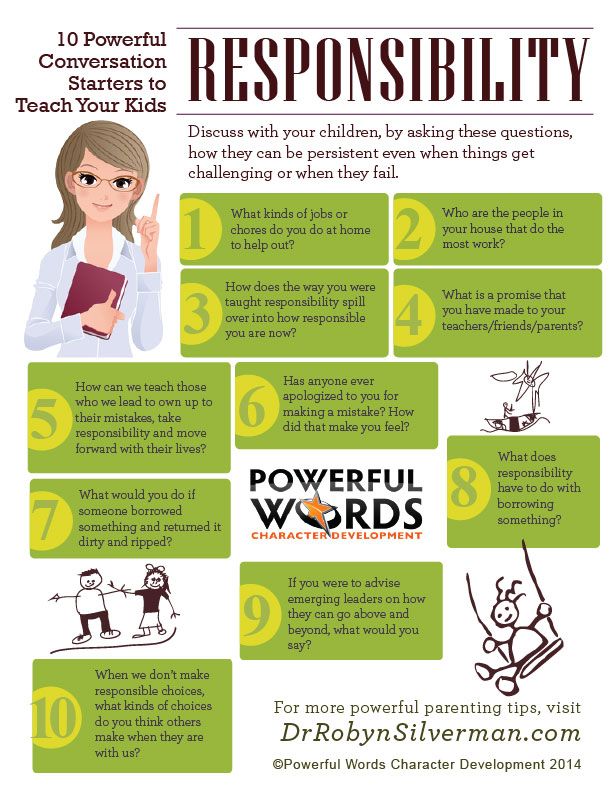 At the same time, the court takes into account the child’s attachment to each of the parents, brothers and sisters, the age of the child, the moral and other personal qualities of the parents, the relationship that exists between each of the parents and the child, the possibility of creating conditions for the child’s upbringing and development (type of activity, mode of work of parents financial and marital status of parents, etc.). nine0003
At the same time, the court takes into account the child’s attachment to each of the parents, brothers and sisters, the age of the child, the moral and other personal qualities of the parents, the relationship that exists between each of the parents and the child, the possibility of creating conditions for the child’s upbringing and development (type of activity, mode of work of parents financial and marital status of parents, etc.). nine0003

 In case of malicious failure to comply with the court decision, the court, at the request of a parent living separately from the child, may decide to transfer the child to him based on the interests of the child and taking into account the opinion of the child. nine0072
In case of malicious failure to comply with the court decision, the court, at the request of a parent living separately from the child, may decide to transfer the child to him based on the interests of the child and taking into account the opinion of the child. nine0072

